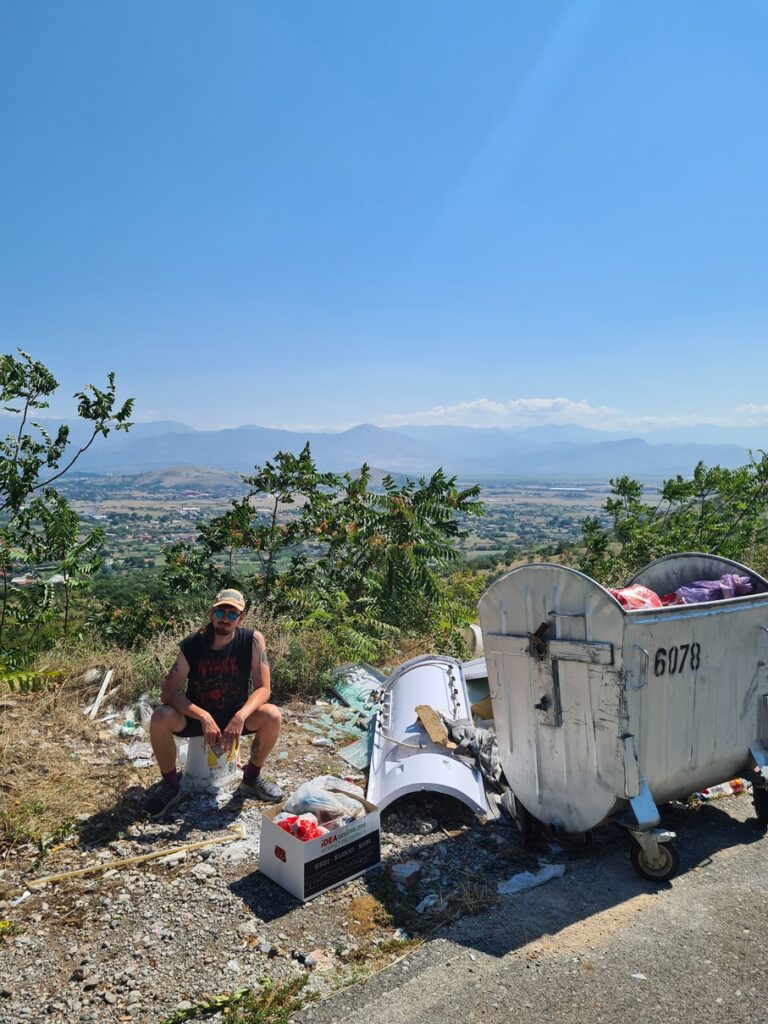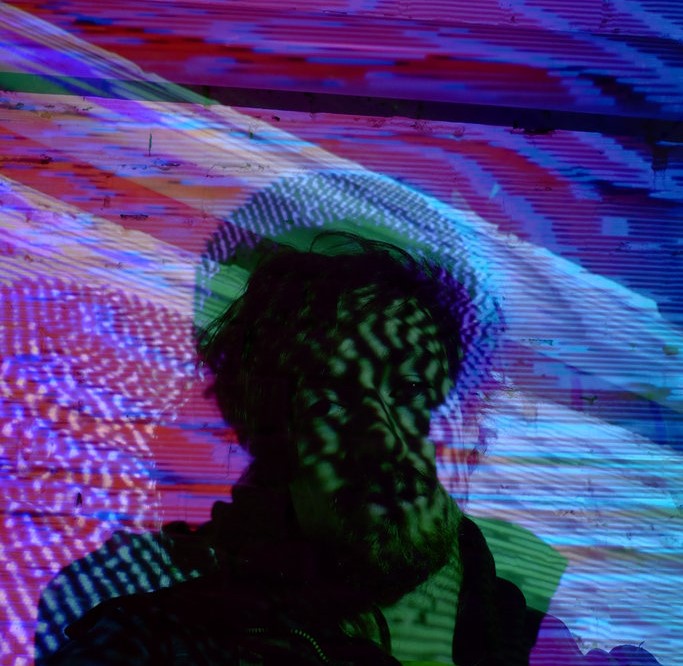Morast | Interview | “Sound becomes music when it’s organized in a deliberate manner”
Morast is the solo electronics project of Moritz Morast, exploring the seamless blend of noise, techno, and free musical forms.
The music is grounded in improvisational immediacy using Morast’s pure-data patch, generating all sounds in real-time. This results in a diverse mix of tribal noise, introspective ambiences, and danceable industrial rhythms, shaped by lively feedback loops, fragmented drums, and heavy metal distortion.

“Sound becomes music when it’s organized in a deliberate manner”
Could you please introduce yourself? What’s your name? How old are you? Where do you live? Do you reside in both Vienna and Leonding, Upper Austria?
Hello, my name is Moritz Morast (which is a moniker). I’m a musician in my thirties from Vienna, Austria. Originally, I’m from Linz, another Austrian town with a vibrant DIY and punk scene that heavily influenced my musical upbringing.
Is Morast your solo project? How long have you been pursuing Morast? Since 2019? 2014?
I’ve been involved in solo music since I was 17, experimenting under different pseudonyms and learning how to record and compose music with computers around 2008. The Morast project began around 2013 when I moved away from conventional songwriting toward experimental and noise music. It’s evolved significantly since its inception.
What are your goals with Morast? Are you aiming for a fusion of electronic music and ‘real’ instruments? Combining laptops with guitars? When I think of ‘the combination of electric guitar and laptop from Vienna,’ Fennesz comes to mind automatically. Is he an influence for you?
I’ve been immersed in electronic music for a long time, alongside playing guitar since my teenage years. In Morast, I often choose to focus on one paradigm per release or performance, but I’m interested in integrating both. I’ve tended to keep these realms separate to maintain focus, but I’m exploring deeper structural connections between them. Interestingly, I haven’t actually listened to Fennesz much despite his renown; I’ve been drawn to other musical avenues, so perhaps I’ve missed out.
For you, when does sound transition into music?
Sound becomes music when it’s organized in a deliberate manner. This organization might arise naturally in the brain or through intentional human effort. Composing, to me, is about creating and arranging patterns—even abstract ones. Once these patterns start to form perceptibly, it transforms into music. Randomness, on the other hand, remains noise and lacks the engaging qualities of music.
What’s your approach to live performances? Do you view it as presenting your music, improvisation, or a combination?
I heavily lean towards improvisation during live performances because I enjoy the spontaneity and surprise it brings. I couldn’t imagine strictly following a predetermined electronic set where I merely trigger sequences. There’s a certain thrill in not knowing where the performance will lead, which fuels my creativity and keeps me engaged. Stepping outside my comfort zone is crucial; true improvisation demands it.
Apart from your solo endeavors, you also collaborate with other musicians. How does this influence your solo work?
Collaborating with others allows me to push beyond my own boundaries. Creative challenges from fellow musicians enable personal growth and foster a collective energy that goes beyond individual contributions. I find playing with others incredibly inspiring, and this experience enriches my solo sessions as well.
Do you primarily perform and record at home? Could you describe your setup?
I have a small studio where I record both my own music and that of others. My setup includes an old mixing desk for summing and colorizing signals, which then feed into my audio interface. Since much of my work is electronic, I often work with direct input signals, although I also use microphones occasionally. I enjoy incorporating guitar pedals into my electronic setups to achieve a more intense and raw sound.
With Morast, do you aim to blend noise and techno elements?
When I started Morast, I was heavily influenced by artists like Ren Schofield (Container) and Pete Swanson, who are known for their techno-infused noise. However, over time, I’ve moved away from the repetitive structures of techno. Nowadays, I draw more inspiration from the freeform approaches of free improvisation, avant-garde jazz, and experimental electronic music.”
Joeri Bruyninckx
Morast Official Website / Instagram / Bandcamp




